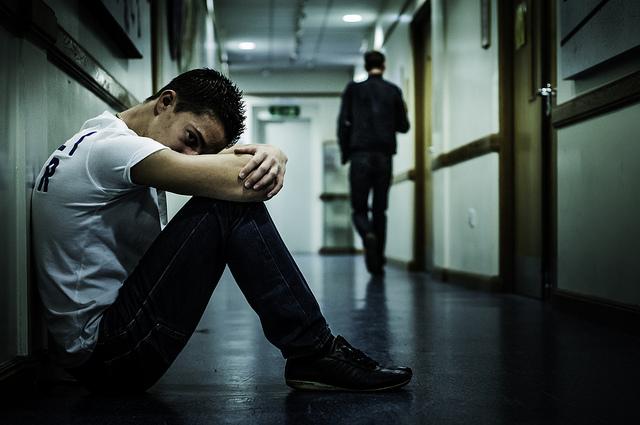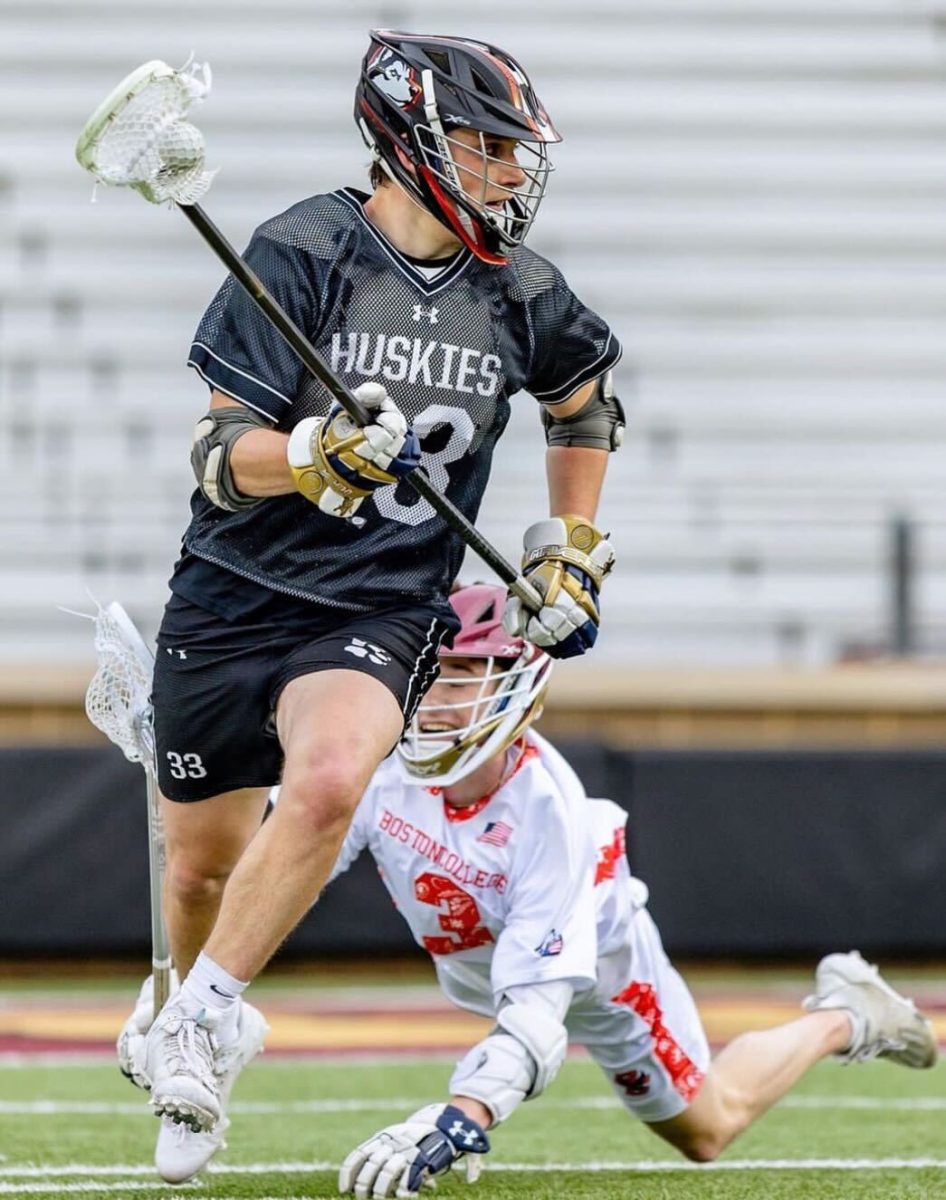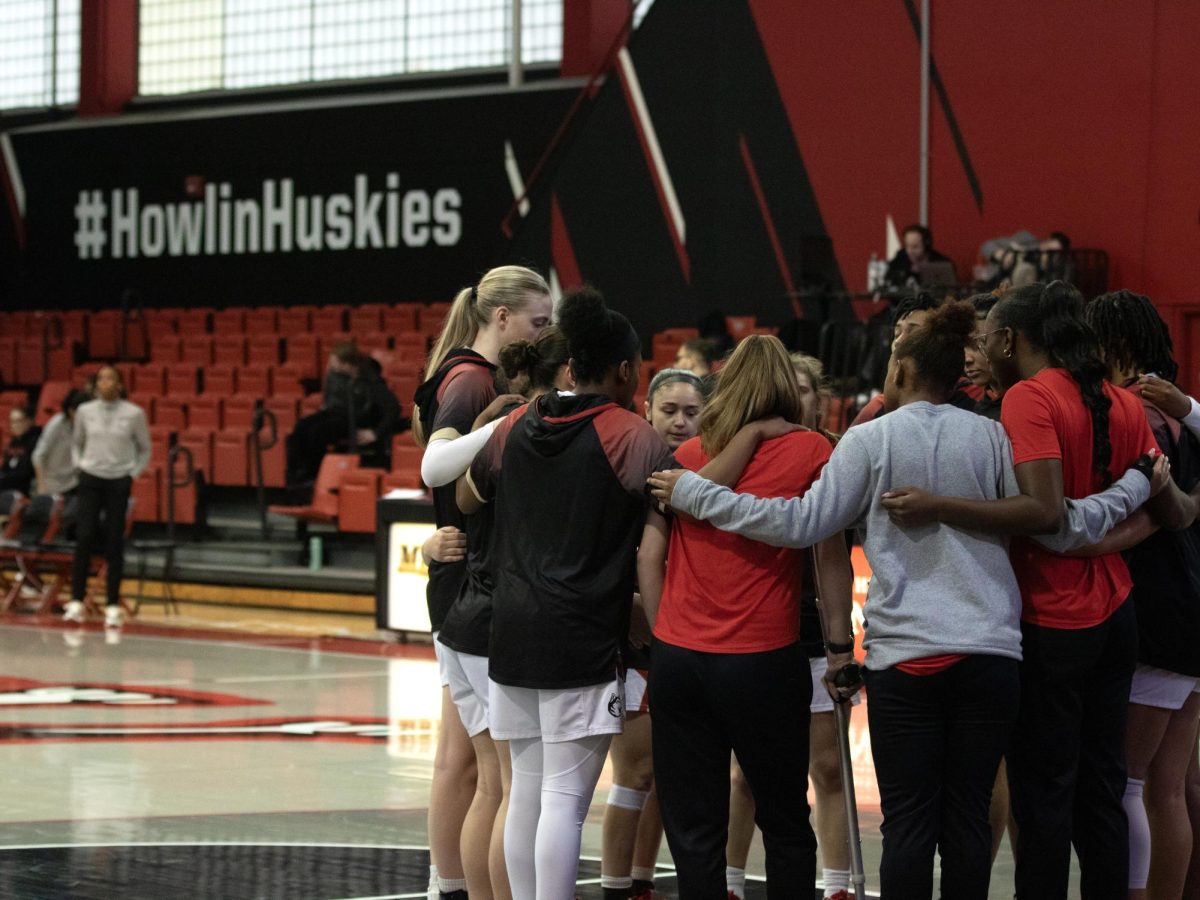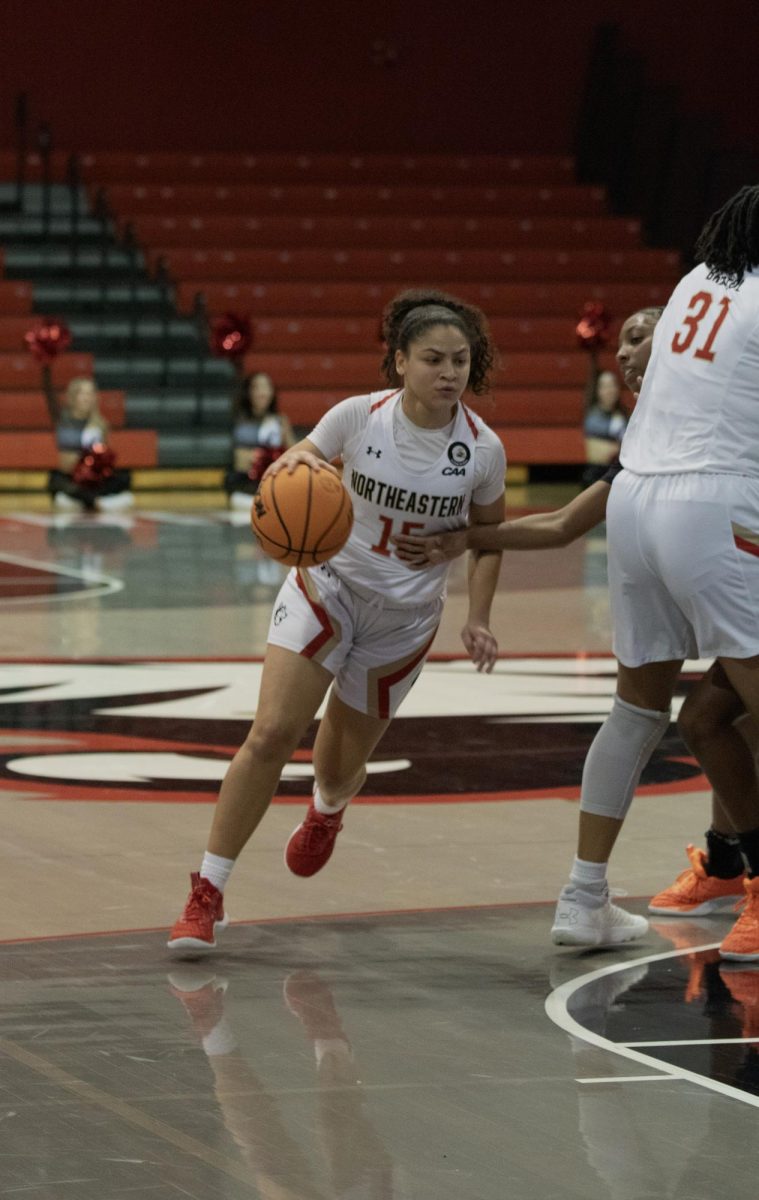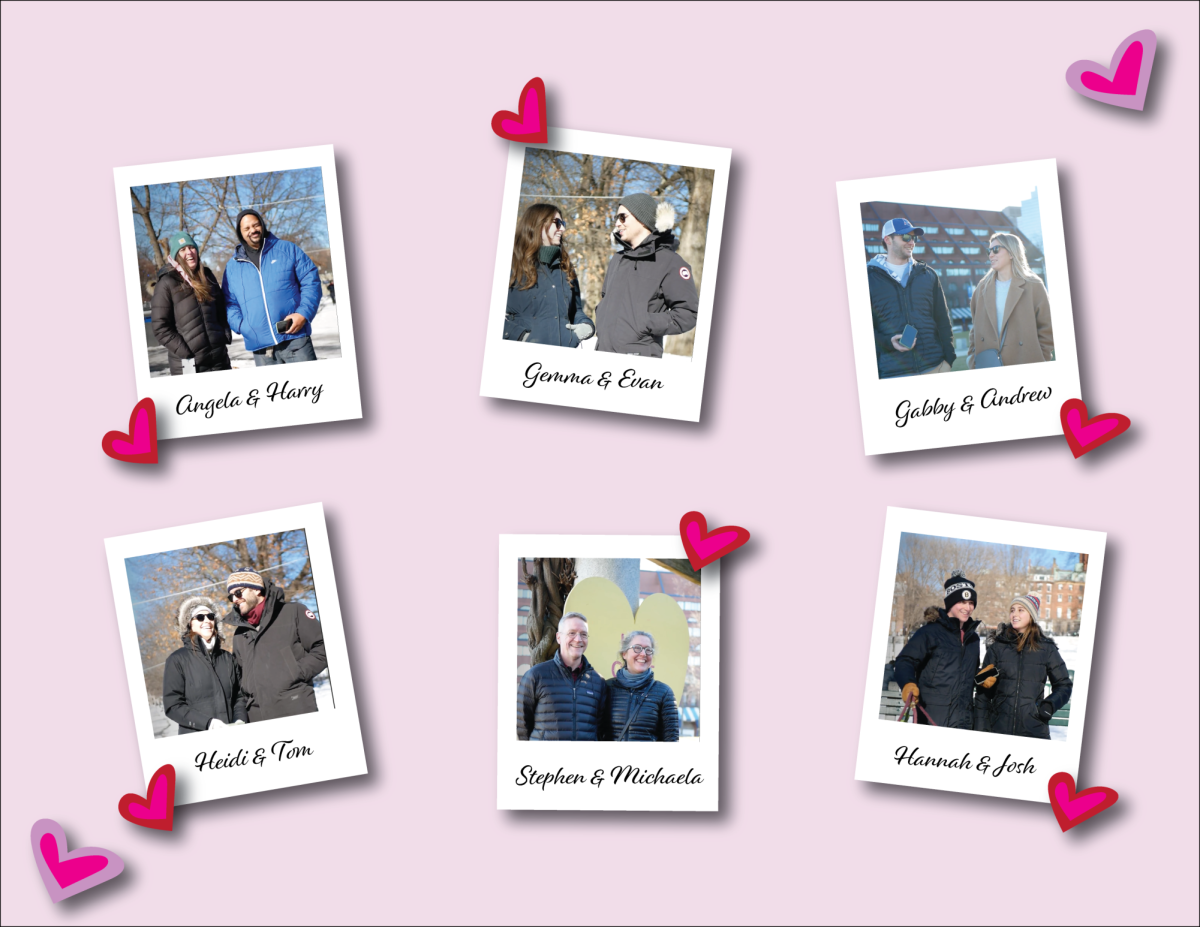By Sara Tucker, managing editor
Almost a year ago to the day, 19-year-old University of Pennsylvania (UPenn) student Madison Holleran jumped from a Philadelphia parking garage to her death. Yesterday, Holleran’s family released the suicide note she wrote.
Holleran’s friends and family told the media that the student’s death was a direct result of the stress she felt at school. She was on the track team, maintaining a 3.5 GPA, participating in activities to rush a sorority and attending a prestigious Ivy League university – all of which could cause stress and anxiety on their own, but, grouped, proved too much for the teenager.
Holleran apologized in a note left alongside gifts for family and a friend atop the parking garage where she jumped:
“I thought how unpleasant it is to be locked out, and I thought how it is worse perhaps to be locked in,” she quoted Virginia Woolf, a twentieth century writer who also took her own life. “For you mom…the necklaces…For you, Nana & Papa…GingerSnaps (always reminds me of you)…For you Ingrid…The Happiness Project. And Dad…the Godiva chocolate truffles. I love you all…I’m sorry. I love you.”
In the year since Holleran’s suicide, her family, friends and teachers have made efforts to reach out to those suffering like Holleran was. The UPenn student told her parents of her struggles at the university and admitted over the Thanksgiving break before her death that she was having suicidal thoughts and wanted to see a therapist. She reached out to UPenn’s Counseling and Psychological Services (CAPS) in the weeks between Thanksgiving and winter breaks, but reportedly attended only one or two sessions with an intern – a session with a senior member of the CAPS staff would have required a wait of several weeks. According to Daily Mail, she ended up seeing a therapist closer to home.
Holleran’s former teacher, Edward Modica, created a petition for “The Madison Holleran Law,” which will “make colleges accountable for accurately listing the numbers of suicides and attempted suicides on their campuses annually. Colleges must also be mandated to provide certified suicide prevention personnel counselors to help potential victims address their needs and allay their fears about the rigorous demands of college life.” The petition, which is to be delivered to the New Jersey State House, originally required 2,000 signatures, but has a new goal of 7,500, with 6,677 at time of publication.
UPenn has shown no public support for the law, and has made no significant changes to its counseling services. CAPS faced allegations of being understaffed after Holleran’s death. In addition to Holleran, three other UPenn students committed suicide in the six months before and after her death, and a fourth died in what was ruled an accidental drug overdose. CAPS only added evening hours after the wave of suicides, according to Philadelphia Magazine, and many students have reported being brushed off by the center. Hillary Barlowe, a student on leave from UPenn, wrote in a guest column for the university’s newspaper, the Daily Pennsylvanian, that CAPS “dismissed her suicidal feelings as a ‘normal adjustment’ to college.”
According to the Suicide Prevention Resource Center, suicide is the second leading cause of death among college students, and that suicide occurs at a rate of between 6.5-7.5 percent per 100,000 students. A 2009 study by Drum et al. reported that 18 percent of undergraduate students have “seriously considered attempting suicide in their lifetimes” and “between 40 and 50 percent of these same students report multiple episodes of serious suicidal thoughts.”
According to Northeastern’s University Health and Counseling Services (UHCS), “stress, anxiety and a range of emotions can be normal reactions to college life, but emotional, relational or psychological difficulties can make it hard to be a successful student. When these types of issues occur it is important to reach out and ask for help. Various types of support and treatment are available [at UHCS] and may address your needs.”
If UHCS is unavailable or students are looking for other options, the National Suicide Prevention Lifeline is available 24 hours a day, seven days a week at 1-800-273-8255.
Photo courtesy Lee Morley, Creative Commons







